Menu
RANDOM THOUGHTS & REVIEWS
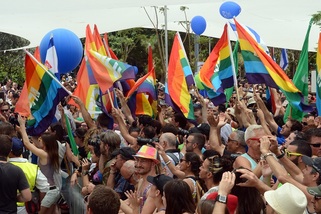 Tel Aviv's gay pride parade on June 7, 2013. Credit: U.S. Embassy Tel Aviv Tel Aviv's gay pride parade on June 7, 2013. Credit: U.S. Embassy Tel Aviv By Alina Dain Sharon/JNS.org Should society accept homosexuality? In America, where the U.S. Supreme Court on June 26 decided to recognize same-sex marriages in states where it has already been legalized, 60 percent of respondents to a Pew Research Center survey released in June said “yes” and 33 percent said “no.” But in most of the Middle East, the issue of LGBT rights isn’t likely to spark the spirited debate that it does in the U.S. Arab countries including Egypt, Jordan, Tunisia, in addition to the Palestinian territories, all had more than 95 percent of respondents answer no to the same question in the Pew survey. But then there are Israelis, who, although divided in their attitudes, are undeniably more accepting of the LGBT community than their Arab neighbors. Forty-seven percent of Israelis responded no to whether society should accept homosexuality, and 40 percent responded yes. Israel is an oasis in an otherwise-barren Middle East for LGBT rights. A number of Palestinian LGBT individuals who experience persecution seek asylum in Tel Aviv, a city that hosts its annual Gay pride parade attracting more than 100,000 people, and was voted “Best of Gay Cities 2011” in an American Airlines survey. “I see LGBT rights as part of an overal social justice, the right of a human to live as he/she is without masks is a basic right,” Shai Deutsch, chaiman of Aguda, the national association of the LGBT community in Israel, told JNS.org in an email. LGBT individuals have equal rights in most realms of life in Israel, and varioius anti-discrimination laws have been passed. Israel
has also signed the United Nations’ Gay Rights Protection Resolution (2011) and recognizes a domestic partnership of same-sex couples. But the institution of marriage in Israel is controlled by rabbinical courts, which do not recognize any marriage that is not religiously sanctioned. Members of Israel’s LGBT community are not persecuted, tortured or killed over their sexual orientations—something that cannot be said about Iraq. In that country, which is the most dangerous Middle Eastern nation for LGBT individuals. A large number of reported vigilante killings stem from the lawlessness that has evolved there since the 2003 war, Brian Whitaker, author of "Unspeakable Love: Gay and Lesbian Life in the Middle East,” told JNS.org in an email. In Iran, LGBT individuals are regularly executed for “illicit” sex, but it is difficult to measure how many. The death penalty also applies to homosexualty in Saudi Arabia, Yemen and Sudan. In other Arab countries, fines and imprisonment are the usual penalties, and laws against debauchery and immoral advertising are enforced. According to Marianne Møllmann, senior policy adviser for Amnesty International, discrimination against the Middle East’s LGBT community outisde of Israel exists in two ways—anti-sodomy laws that were brought to the region by Europian governments in colonial times, and Sharia laws that often apply the death penalty to homosexuality. Often such laws are “applied to your identity rather than any type of conduct, so you could be in a straight marriage but [if it is discovered] you are gay then [the laws] can be applied,” Møllmann told JNS.org. In Lebanon only 80 percent of respondents answered no to “Should society accept homosexuality”? Beirut’s cosmopolitan nature makes Lebanon a bit less insular than other Arab countries, and the city has an established gay community. “The [Lebanese] civil war left a situation in which none of the rival factions can completely gain the upper hand… The result is a kind of ‘You do your thing and I’ll do mine’ attitude. It’s not really tolerance, more a matter of practicality, but it has created a space for diversity,” Whitaker told JNS.org. Many Arab countries do not officially aknowledge that gays even exist. A memorable example was a 2007 speech at New York’s Columbia University by former Iranian President Mahmoud Ahmadinejad, in which he said, “In Iran we don’t have homosexuals like in your country.” In Gaza, the Hamas government has declared that homosexuality is punishable by death. In 2011, Hamas’s Al-Aksa TV featured Syrian academic Muhammad Rateb al-Nabulsi, who said homosexuality “involves a filthy place” and “leads to the destruction of the homosexual,” he said, according to the Middle East Media Research Institute. A 2002 article by the New Republic described how a gay Palestinian in Gaza was “forced to stand in sewage water up to his neck, his head covered by a sack filled with feces, and then he was thrown into a dark cell infested with insects and other creatures he could feel but not see.” That incident stands in stark contrast to the LGBT-friendly environment in Tel Aviv. About a dozen other gay pride celebrations take place annually around Israel, most recently the first-ever LGBT pride march in Ashdod, noted Arthur Slepian, executive director of A Wider Bridge, an organization that works to provide North American LGBT Jews with more opportunities to connect with Israel and its LGBT community. While anti-Israel activists have long accused Israel of “pinkwashing” in order to distract from the Israeli-Palestinian conflict, Slepian told JNS.org it is “perfectly legitimate” that Israel wants gay rights as a piece of its diplomatic efforts. But given its progress on LGBT rights, Israel could do more to help gay Palestinians, he added. “I know that there are complicated issues of security, the right of return, and who is entitled to asylum, but I think there is room the Israeli government to find a way to treat these individuals with more compassion and more dignity,” he said. That’s where Aguda has stepped in by running its 12-year-old SOS project offering social and legal assistance to LGBT Palestinians residing illegally in Israel. Over the years, the organization has dealt with about 800 applications. About 60 began a process toward gaining political asylum abroad but only 17 chose to finish the process, Deutsch said. Israeli LGBT organizations have also begun to break the religious barrier through several groups identifying both as religious and LGBT, such as Havruta and BatKol. Hundreds of secular people started coming to religious events organized by these groups “because all of a sudden there was a place where they can be welcomed as LGBT people and as Jews,” Slepian said. After 33-year-old Sharon Altman of Ramat Gan first came out to his parents 10 years ago, his father rejected him for five years. He never had a problem getting any job in Israel due to his sexual orientation, though Aguda still sees some discrimination in the rules of some public institutions. “We do have the stigma [in Israel] that if you’re gay you have to dress and act that way, and go in to gay professions… and of course lean to the left policatlly. I don’t believe this is right. I served in combat in the IDF for three years, and I work in a ‘non-gay’ profession… and I am very right-wing politically,” Altman told JNS.org in an email. Israelis also remain up in arms about the 2009 “Bar Noar” shooting, in which two people were killed at an Aguda youth group meeting in Tel Aviv. Police recently arrested three suspects and suggested that the motive was revenge for an alleged illegal relationship between a prominent Aguda member and one of the shooting suspects, a minor. The case sparked a national debate on whether the shooting, in which 10 others were injured, was also a hate crime against homosexuals. Aguda is monitoring the Bar Noar case and waiting for indictments to come in. Deutsch, Aguda’s chairman, looks with great interest at the growth of civil movements in the broader Middle East in the wake of the Arab Spring. But he also fears the redomination of Islamic movements, leading to what he called a “winter” of LGBT rights. In Syria, where thousands of people have been killed in the ongoing civil war, Homosexuality is already a criminal offense. Even if President Bashar al-Assad is eventually ousted, an Islamist government could take over and increase persecution of homosexuals. “If I was in charge, I would enforce tougher laws against homosexuals,” said Nasradeen Ahme, a member of the Free Syrian Army, according to the Daily Beast. “If someone said homosexuals should be stoned to death as in Iran and Saudi Arabia, I would not object.”
0 Comments
Your comment will be posted after it is approved.
Leave a Reply. |
Categories:
All
|
Follow our Lesbian, Gay, Bisexual, Transgender, Queer Travel Stories!
Connextions Magazine, the award-winning LGBTQ Travel Magazine, is your trusted resource for lesbian, gay, bisexual, transgender, queer travel destinations, vacation ideas, fun travel videos, LGBTQ travel guides and the latest news relevant to our entire rainbow community. Connextions Magazine focuses on celebrating the LGBTQ Traveler providing information on lesbian, gay, bisexual, transgender, queer travel, our LGBTQ culture, the diverse style of our rainbow community, adventures, gay romance, tips for Lesbian Moms, Gay Dads, Bisexual, Transgender Parents and families.
Connextions Magazine LLC - PO Box 242, Calverton NY 11933
MISSION: Connextions Magazine is The Travel Magazine for the LGBTQ community. Making connections to travel like a local, whether on a quick weekend getaway or a luxury vacation, Connextions transports our readers through dazzling photography and insightful content about gay travel, dining, queer culture and style to destinations and memorable travel experiences across the globe. We are your Connextions to the world!
Connextions Magazine, the award-winning LGBTQ Travel Magazine, is your trusted resource for lesbian, gay, bisexual, transgender, queer travel destinations, vacation ideas, fun travel videos, LGBTQ travel guides and the latest news relevant to our entire rainbow community. Connextions Magazine focuses on celebrating the LGBTQ Traveler providing information on lesbian, gay, bisexual, transgender, queer travel, our LGBTQ culture, the diverse style of our rainbow community, adventures, gay romance, tips for Lesbian Moms, Gay Dads, Bisexual, Transgender Parents and families.
Connextions Magazine LLC - PO Box 242, Calverton NY 11933
MISSION: Connextions Magazine is The Travel Magazine for the LGBTQ community. Making connections to travel like a local, whether on a quick weekend getaway or a luxury vacation, Connextions transports our readers through dazzling photography and insightful content about gay travel, dining, queer culture and style to destinations and memorable travel experiences across the globe. We are your Connextions to the world!
Images and stories in this website are copyrighted material and the property of Connextions Magazine, LLC and cannot be used without prior consent
Copyright © 2010 - CONNEXTIONS MAGAZINE, LLC - ALL RIGHTS RESERVED
LIVE | TRAVEL | CONNECT®
Copyright © 2010 - CONNEXTIONS MAGAZINE, LLC - ALL RIGHTS RESERVED
LIVE | TRAVEL | CONNECT®
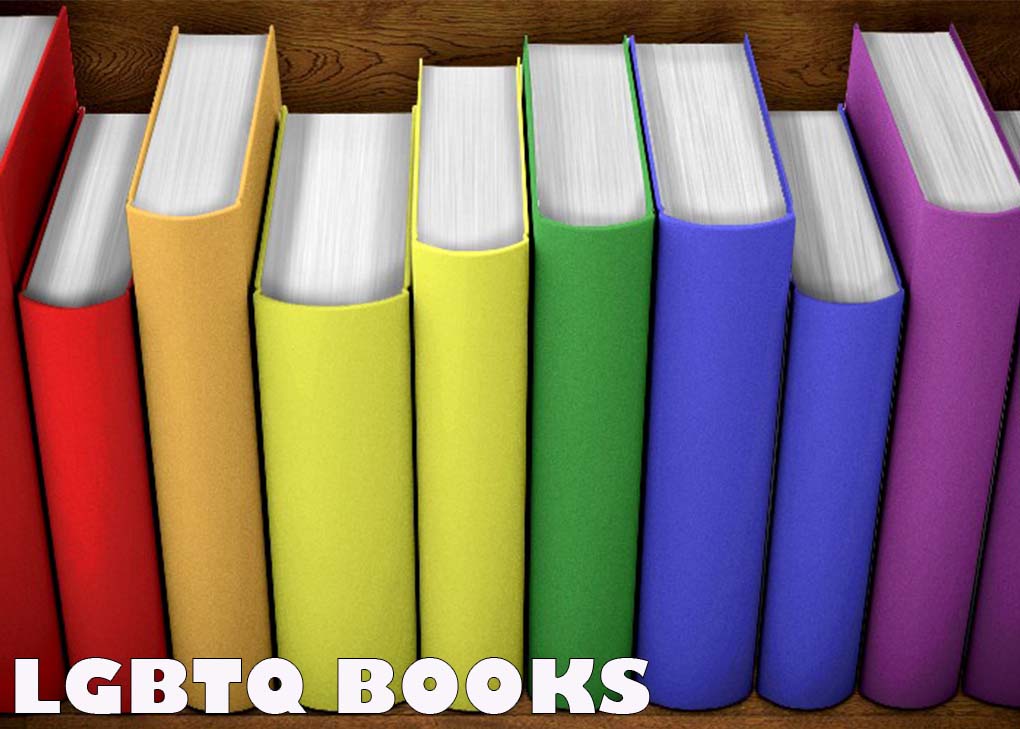
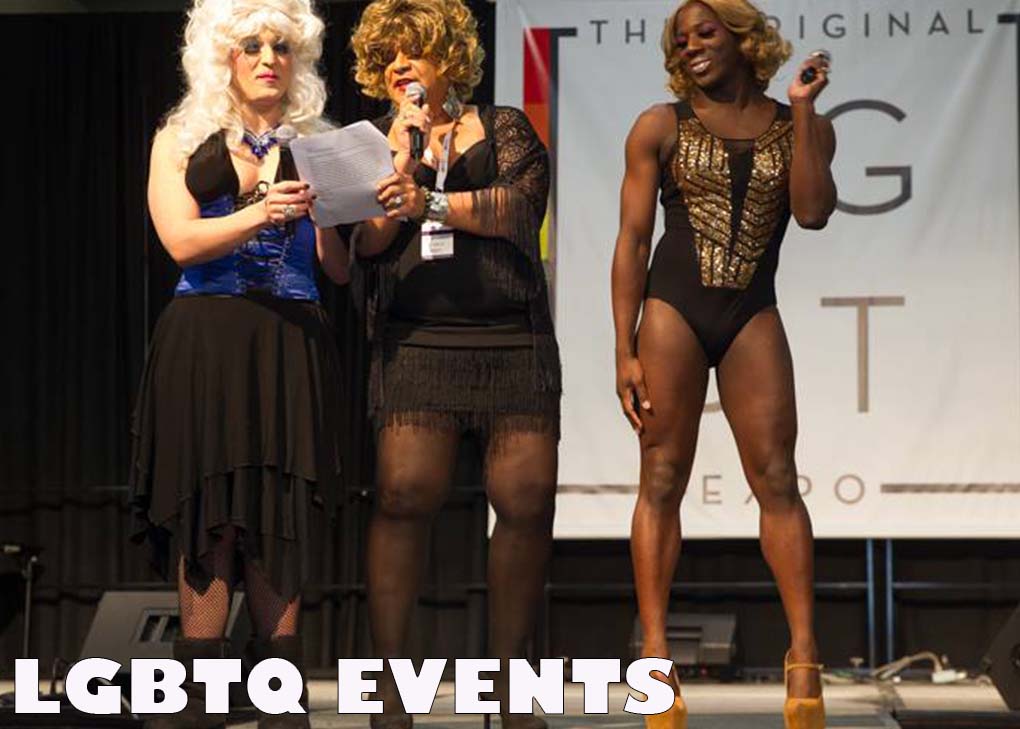
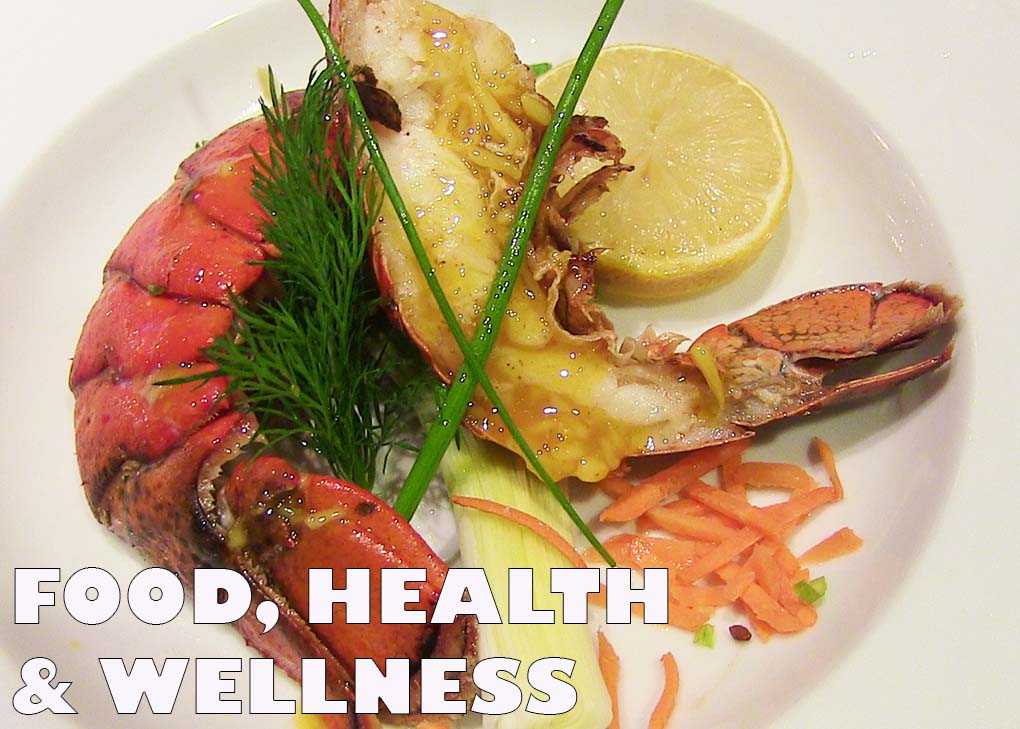
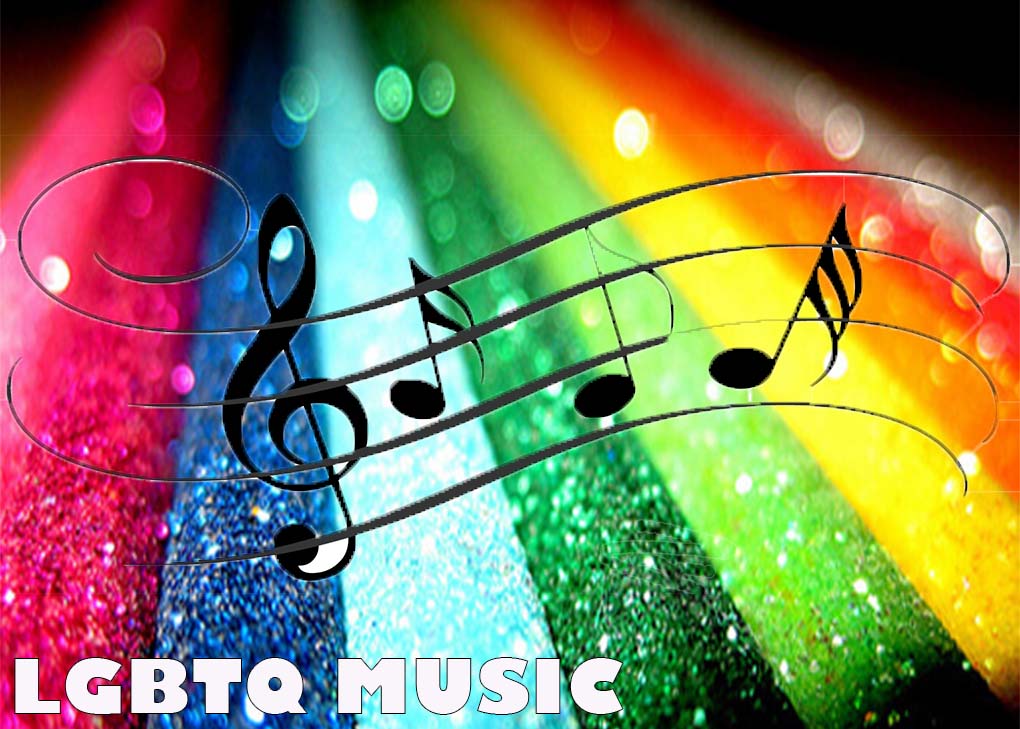


 RSS Feed
RSS Feed